Police shoot African-American boy on anniversary of Floyd's murder
An unarmed 11-year-old black boy in Mississippi has been shot by a US police officer after calling 911 to report a domestic disturbance to protect his mother, his family's attorney says.
The shooting of Aderrien Murry comes as the Americans are marking the third anniversary of the murder of George Floyd who was choked to death by a white police officer.
Aderrien was released from the hospital Wednesday after being placed on a ventilator and chest tube with a collapsed lung, broken ribs, and a lacerated liver, family attorney Carlos Moore said.
Moore said his mother had given the boy a cell phone and told him to call the police in the event of a domestic disturbance. After the child called 911, an Indianola police officer "fired his gun" after entering the home around 4 a.m.
When Nakala Murry, the boy's mother, told the officer that no one in the home was armed, the officer yelled that everyone in the home should put their hands up, Moore said.
Although Aderrien was complying with the officer's commands and had his hands up, Sergeant Greg Capers shot him in the chest, according to the family and Moore.
“His words were: ‘Why did he shoot me? What did I do?’” the boy's mother said at a news conference while sobbing for her son.
The Indianola Board of Supervisors voted this week to place Capers on paid administrative leave while the case is investigated by the Mississippi Bureau of Investigation. It is unclear whether he will face additional discipline or possible termination.
Moore said that there is no justification for the police officer's actions. The police department confirmed that Capers, who is black, was the officer involved in the shooting.
Bailey Martin, a spokesman for the Mississippi Bureau of Investigation, said the agency does not comment on the case but will share its findings with the Mississippi Attorney General's office after the investigation is complete.
The shooting of an 11-year-old child is another recent example of police responding to 911 calls by shooting for no reason or doing so at the wrong address.
On Thursday, people in the US city of Minneapolis marked the third anniversary of an African man who became the symbol of America's fight against racism.
Minneapolis residents gathered at a makeshift Floyd memorial, with signs that said "Say their names" - a phrase coined to call attention to systemic racism in the United States.
Floyd died after white police officer Derek Chauvin knelt on his neck for nearly ten minutes. Chauvin was convicted of murder in 20-21. Two other policemen who were holding Floyd's knees were also jailed.
Floyd's death sparked widespread protests in the United States and abroad. Protesters strongly criticized police brutality against blacks in the United States and other Western countries.
Now, three years since Floyd's murder, proponents of federal actions - such as banning chokeholds and changing the so-called qualified immunity protections for law enforcement - still await meaningful signs of change. The beating death of Tyre Nichols at the hands of Memphis police officers in early January underscored just how long it could take.
Soon after Floyd's murder, Minneapolis adopted a number of changes. The city is still awaiting the results of a federal investigation into whether city police engaged in a "pattern or practice" of unconstitutional or unlawful policing.
A similar investigation by the state Department of Human Rights led to what it called a "court-enforceable settlement agreement" in March to reform police in the city.
VIDEO | 39th AU summit opens in Addis Ababa with focus on water security, peace, and development
VIDEO | Iran: The stronghold Washington lost
Anti-Iran ‘Munich circus’ shows Europe has lost geopolitical weight: Araghchi
Swiss to act as venue of next round of Iran-US talks: Report
Report: Over 50,000 soldiers fighting in Israeli military hold foreign citizenship
Danish PM warns US attack on Greenland would spell end of NATO
Power running out at key Gaza hospital, ICU patients at risk: Report
VIDEO | Press TV's news headlines


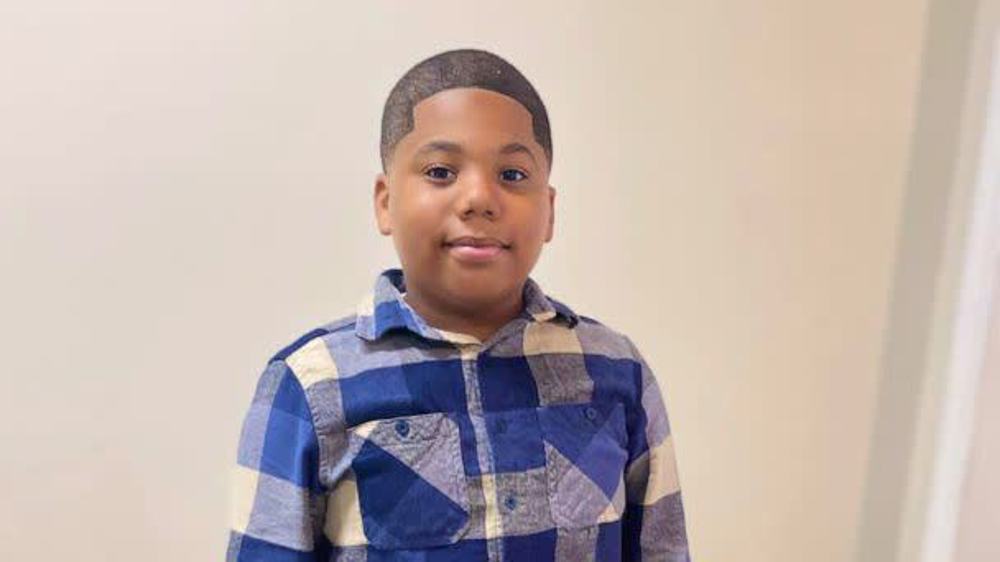
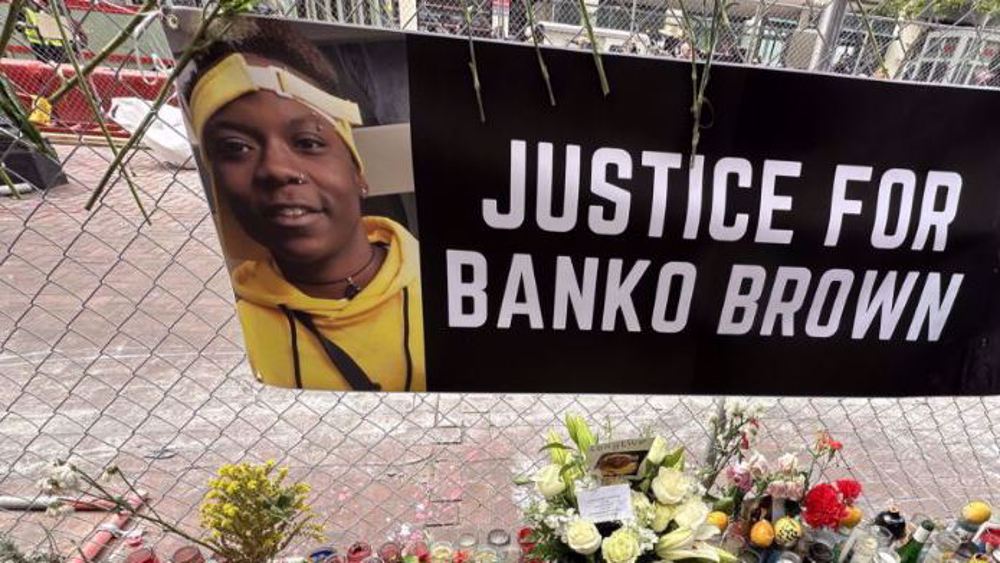
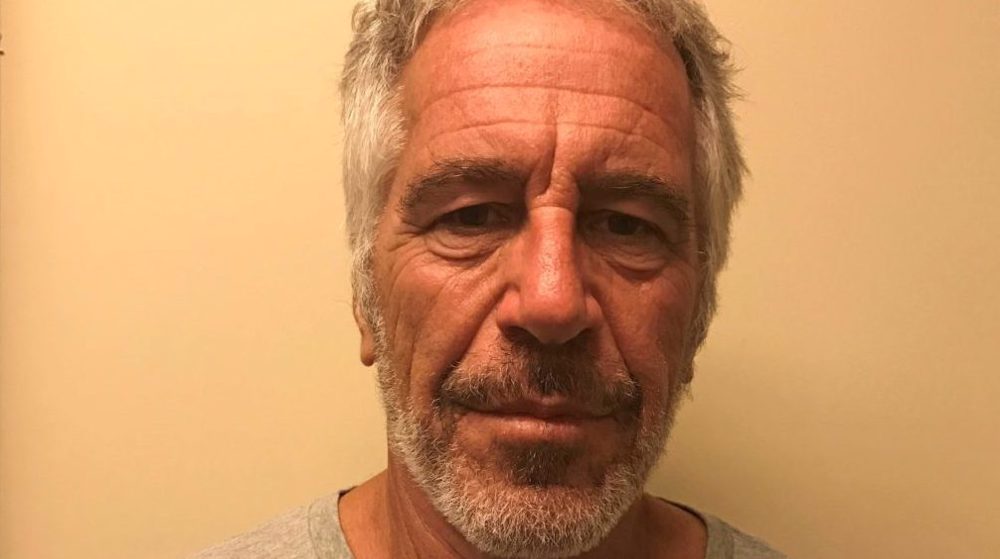
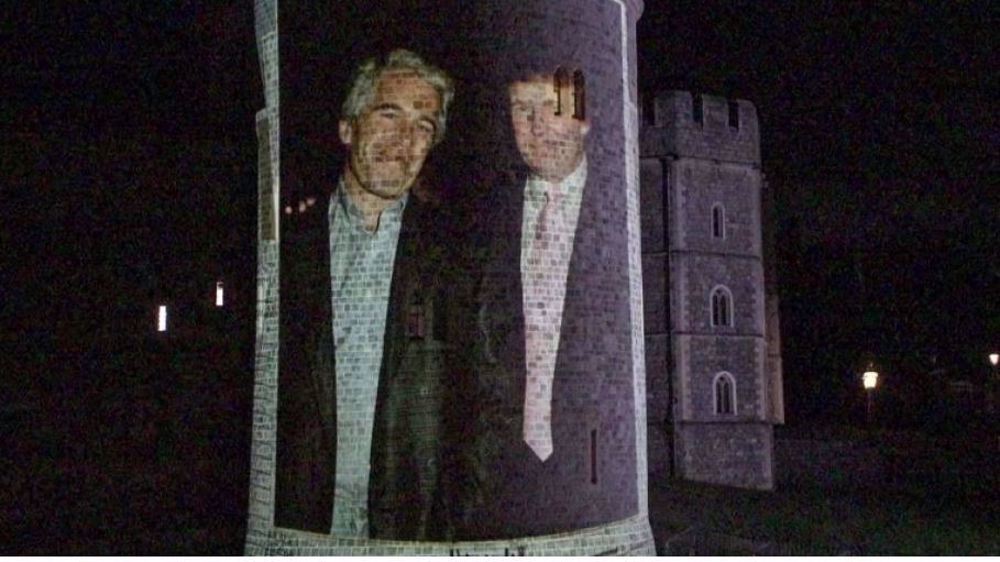
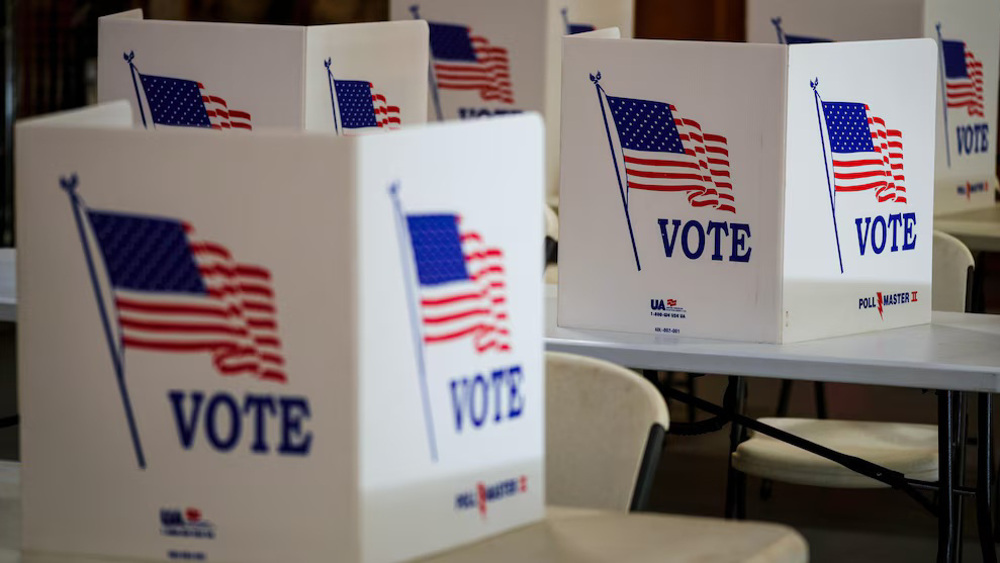



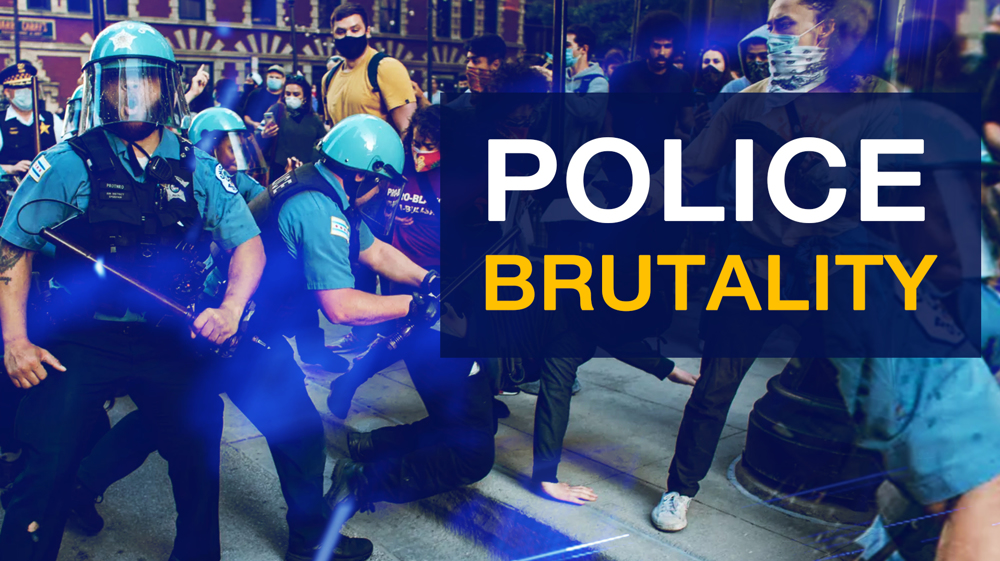
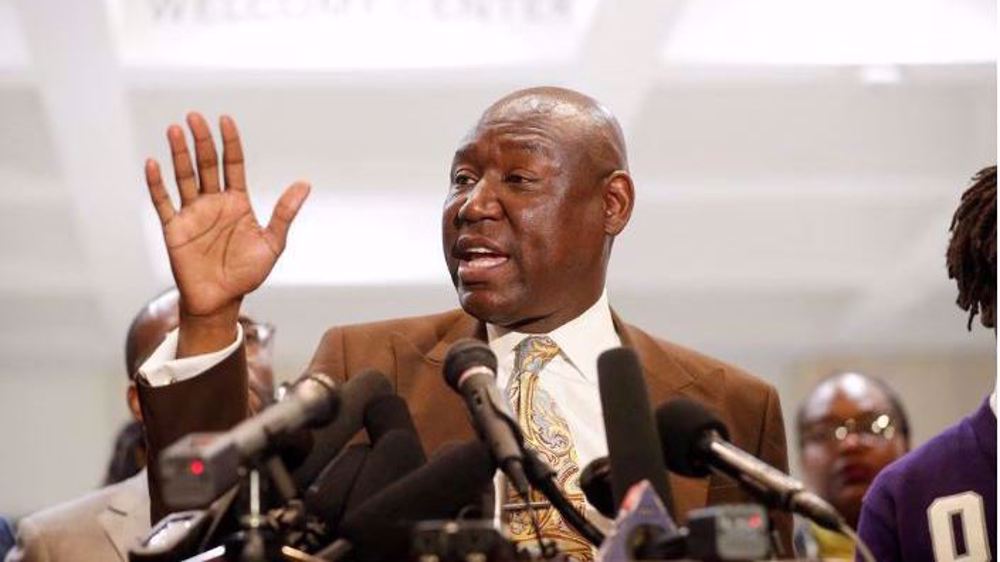
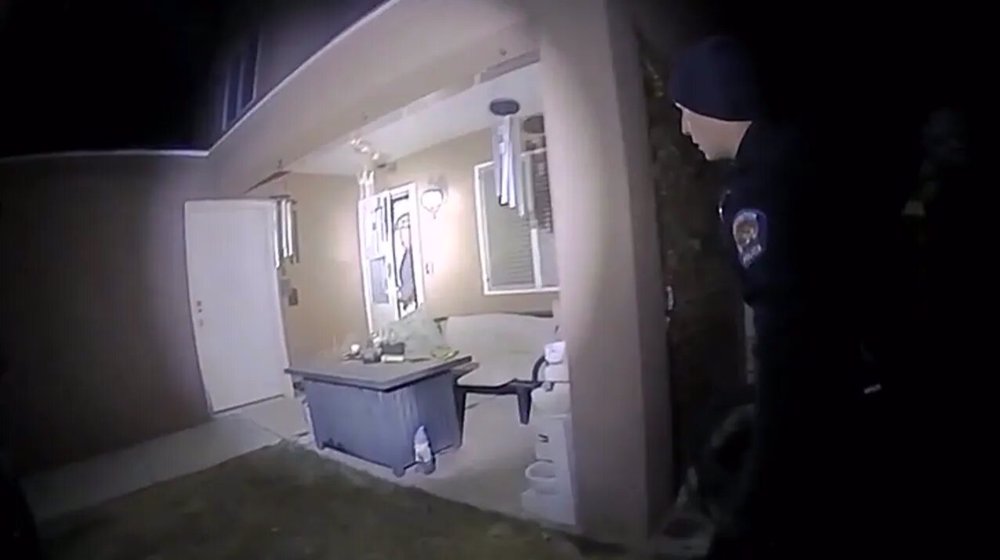
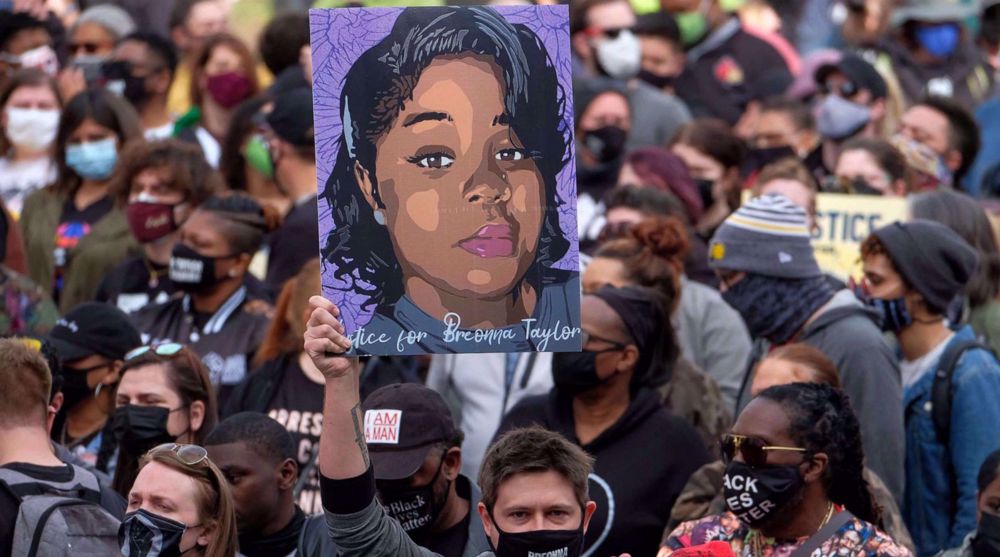
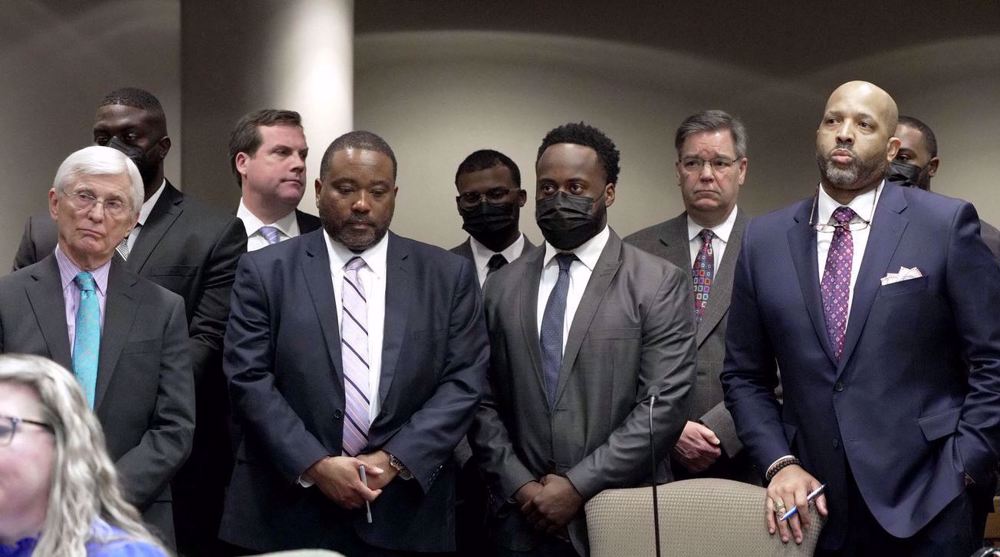

 This makes it easy to access the Press TV website
This makes it easy to access the Press TV website